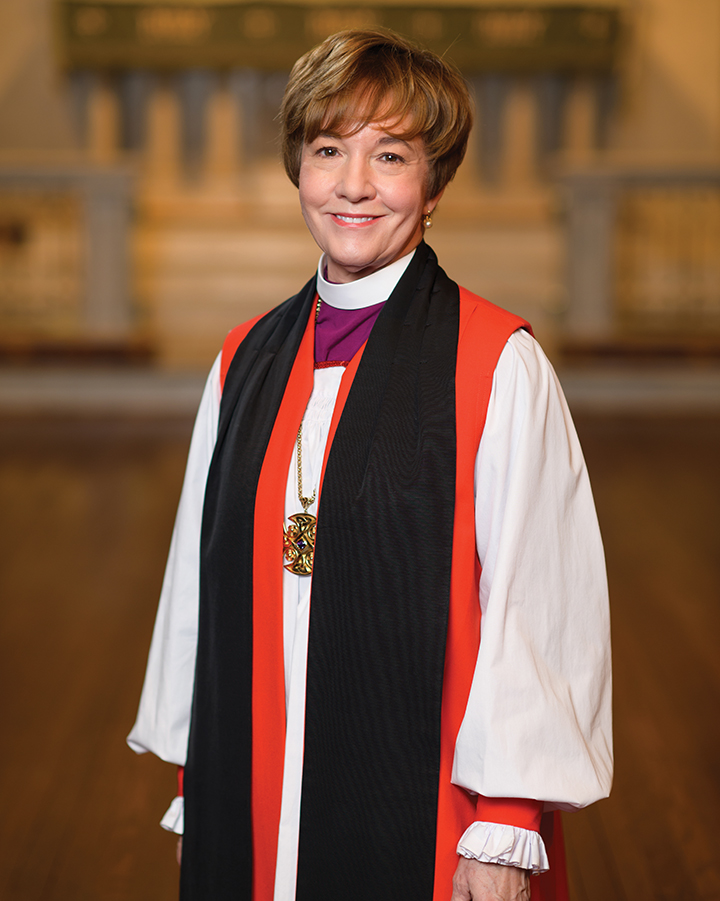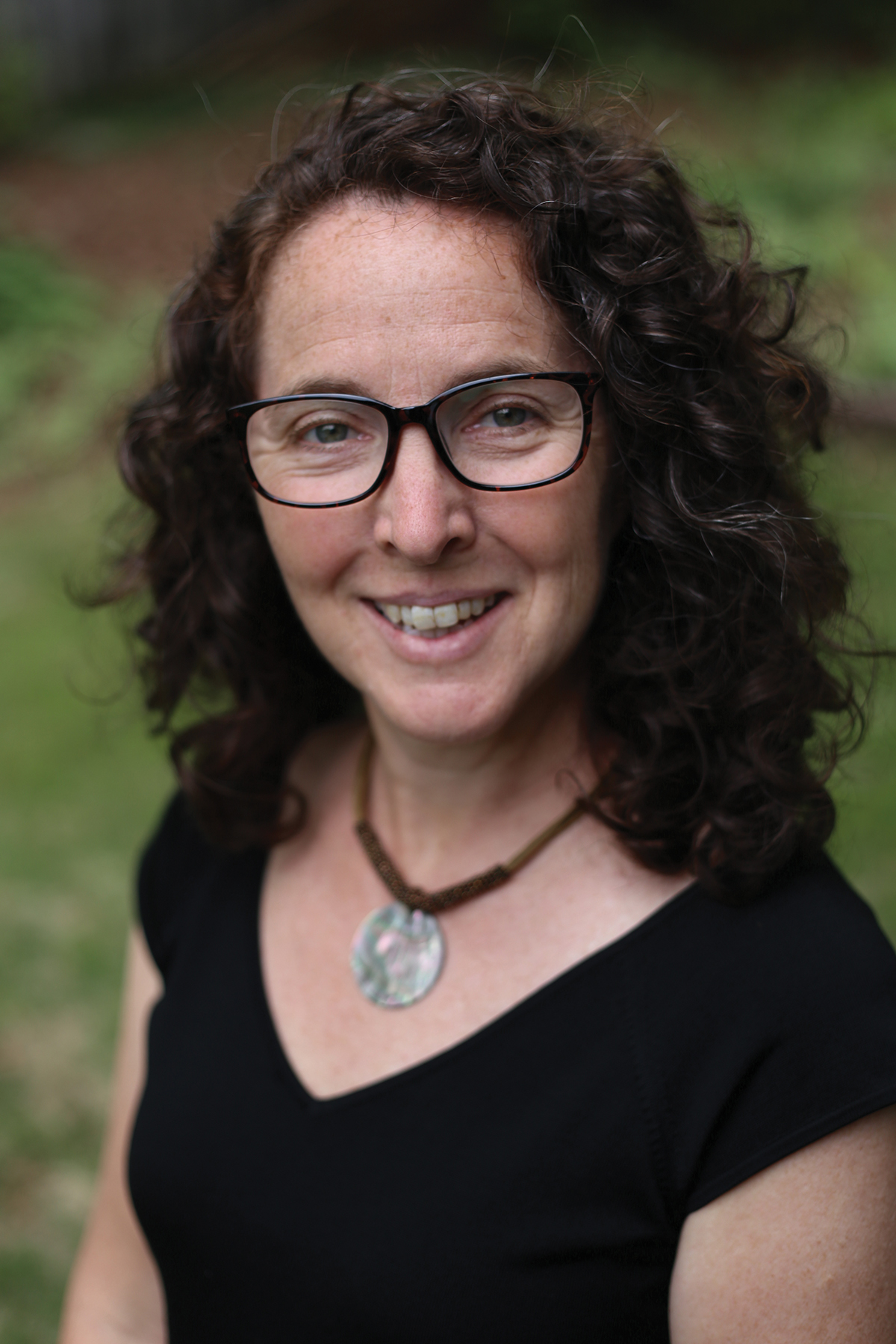A Call to Action: The Build Back Better Act - America's Plan to Address the Climate Emergency

So, faith by itself, if it has no works, is dead. (James 2:17)
Scientists and climate experts agree the only way for us to lessen and slow the effects of climate change is to make it a national mission to cut climate pollution in half by 2030. The climate investments included in the Build Back Better Act put us on a clear path to achieve that goal.
The Episcopal Church (TEC) joins into the international effort for prayer and action for climate justice and an end to environmental racism and ecological destruction.
The $3.5 trillion Build Back Better Act in Congress offers an unprecedented opportunity to achieve the goals of TEC as well as other religious denominations. We all know there has been a dramatic increase in severe and erratic weather including hurricanes, floods, droughts, and wildfires. Changing climate conditions have greatly impacted the agriculture and forestry sectors threatening our food security.The world is in the midst of a climate emergency. Scientists and climate experts agree the only way we will slow the effects of climate change is to make it a national mission to cut climate pollution in half by 2030. The climate investments included in the Build Back Better Act put us on a clear path to achieve that goal. 1
The latest comprehensive scientific report from the Intergovernmental Panel on Climate Change (IPCC) makes clear that immediate, rapid, and large-scale efforts are needed to keep the climate crisis from escalating to truly catastrophic levels. “The Act empowers comprehensive action to build an equitable clean energy economy with historic investments to transform and modernize the electricity sector, lower energy costs for Americans, improve air quality and public health, create good-paying jobs, and strengthen U.S. competitiveness – all while putting our country on the pathway to 100 percent carbon-free electricity by 2035. It achieves this by extending and expanding clean energy tax credits and supporting clean electricity performance payments so utilities can accelerate progress toward a clean electric grid at no added cost to consumers. It invests in clean energy, efficiency, electrification, and climate justice through grants, consumer rebates, and federal procurement of clean power and sustainable materials, and by incentivizing private sector development and investment. The Act will also drive economic opportunities, environmental conservation, and climate resilience – especially in underserved and disadvantaged communities – including through a new Civilian Climate Corps.”
If the Build Back Better Act becomes law, it will be the basis for the American plan presented to the UN international climate change meeting, COP26, which will be held during the first week of November in Glasgow. For the world to come together on an aggressive strategy to avoid the most serious consequences of the climate emergency a strong commitment from America is critical.
While passing the Build Back Better Act appears to be a hopeful one, unfortunately, as you undoubtedly know, at least two key Senators, Kyrsten Sinema and Joe Manchin, have indicated they do not support the Act for the reason that as a nation we cannot afford it. In response to their concern the $3.5 trillion in spending would be spread over 10 years. So the increase in the overall budget will just be $350 billion per year, which amounts to about only 1.5 percent of current U.S. GDP.
The Office of Government Relations of the Episcopal Church, does not have an explicit position on the overall Build Back Better Act, and specifically on provisions related to climate change.(A. Yarborough, personal communication, September 17, 2021); however, they have provided comments on particular parts of the Act that the office supports and wants to see remain in the Act even if it were to change.
Because the House could bring the Build Back Better Act to the floor for a vote on or about September 27, 2021, there is not much time to build support for the Act.
Therefore, if you feel called to take action, consider the following three steps to mobilize TEC as well as the greater faith community:
1) issue strong statements of support for the Act,
2) encourage members of our diocese and other denominations to write or call their members of Congress stating their support for the Act, and
3) call the offices of Senators Sinema and Manchin and ask them to support the bill (feel free to use this sample script). Or you can contact your local representatives.
There is not much time to take action, so if you feel called, please don't wait.
Carl Sigel is a member of Nativity, Raleigh.
Sources:
- The Climate Test: The Build Back Better Act must put us on a clear path to cutting pollution in half by 2030.
 Assistant Bishop
Assistant Bishop
 Mission Strategy Coordinator
Mission Strategy Coordinator
